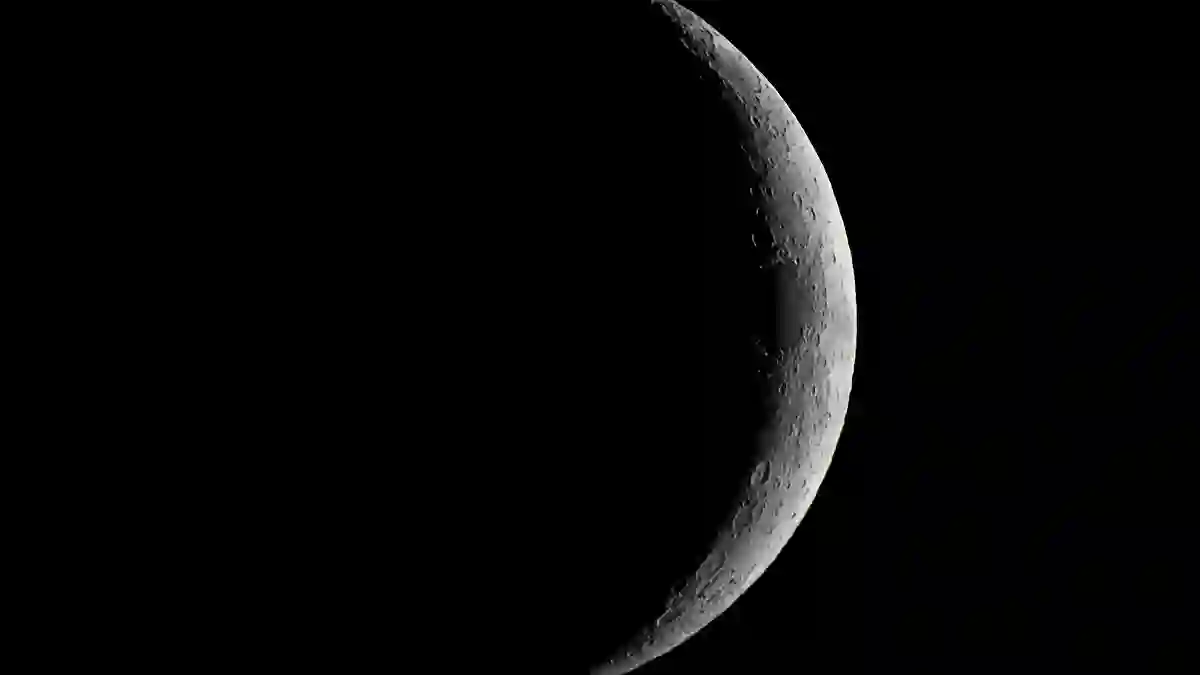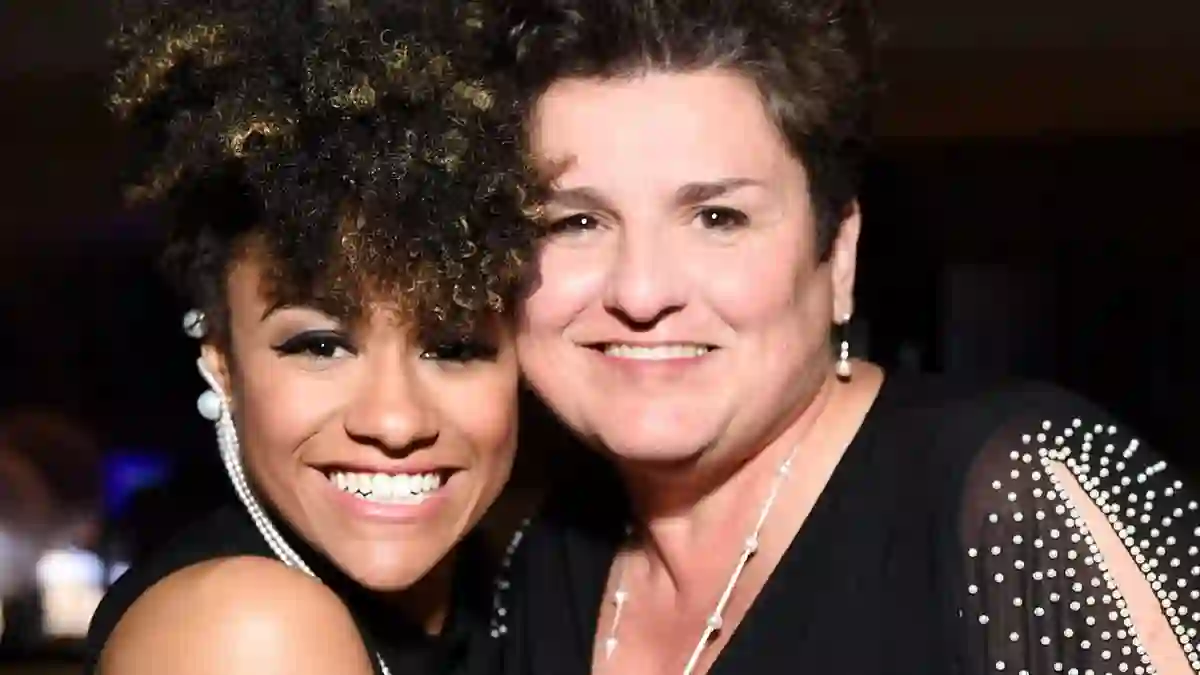Jillian Michaels is stepping back into the spotlight, but this time it’s not for fitness—it’s for a legal battle.
The celebrity trainer has revealed plans to sue Netflix following the release of their explosive docuseries, The Biggest Loser: Fit for TV, which revisits the controversial weight-loss show she helped make famous.
Revisiting a Controversial Past
Michaels, 51, was one of the show’s fitness experts on and off from 2004 to 2013.
She became embroiled in drama back in 2013 when producers accused her of giving contestants caffeine pills without a doctor’s approval.
That controversy led to the reinstatement of eliminated contestant Ruben Studdard, famously known from American Idol.
At the time, Michaels defended her actions, arguing that a controlled caffeine supplement was far safer than allowing unlimited coffee.
Now, with Netflix revisiting the show’s behind-the-scenes story, Michaels has accused host Bob Harper and show medic Dr. Robert Huizenga of misrepresenting the situation.
She says she always had approval to use the supplements and is preparing to take legal action against Netflix, the documentary’s producers, Harper, and Huizenga.
Evidence and Emails Support Her Claim
Michaels posted emails online that she says prove caffeine pills were never banned on the show and that their use was approved by production.
She claims these emails show coordination with Harper, producers, and Huizenga’s aide regarding which supplements to provide, including “stackers fat burners” and caffeine pills.
In her social media post, Michaels wrote:
“Dr. Huizenga did approve caffeine pills on many seasons of The Biggest Loser. Bob Harper not only knew about the pills—he actually suggested the original brand.
I chose to use my own brand because it was cleaner with no more than 200mg of caffeine.”
She also shared a personal text to Harper expressing frustration over their lack of communication, highlighting the tension between the two former colleagues.
Netflix, Harper, and Huizenga Yet to Respond
The Daily Mail reached out to Netflix, Harper, and Huizenga for comment but had not received a response at the time of publishing.
Michaels declined to participate in the Netflix series herself, which features candid reflections from contestants and behind-the-scenes insight into the show’s production.
Spotlight on the Show’s Legacy
The Biggest Loser, which aired on NBC from 2004 to 2016 and briefly rebooted on the USA Network in 2020, followed contestants losing extraordinary amounts of weight over months.
At its peak, the show went global, spawning licensed products including cookbooks, DVDs, and weight-loss camps.
Critics have long argued the program prioritized dramatic weight loss over contestants’ health.
The new Netflix docuseries explores these issues, showing extreme behaviors like fasting for ten days, minimal calorie diets, and intense exercise regimens in the pursuit of the $250,000 prize.
Harper and Huizenga Offer Their Side
In the series, Harper opens up about his 2017 heart attack and reveals how distant his relationship with Michaels had become: “People were always like, ‘You and Jillian have been so close.’
I was like, ‘Well, we were close on television.’ After my heart attack, she’s the one person I never heard from.”
Huizenga confirmed he had a professional relationship with Harper but little direct contact with Michaels, stating that he was unaware of any ongoing issues during the last 16 seasons.
Meanwhile, Harper teased Michaels about the series, telling her to “have fun watching.”
A Complicated Cultural Legacy
The Netflix docuseries aims to examine the cultural impact and complicated history of The Biggest Loser, offering a behind-the-scenes look at the practices that propelled contestants to extreme weight loss.
For Michaels, it’s clear that the story the public sees is not the whole picture—and she’s ready to fight to set the record straight.



